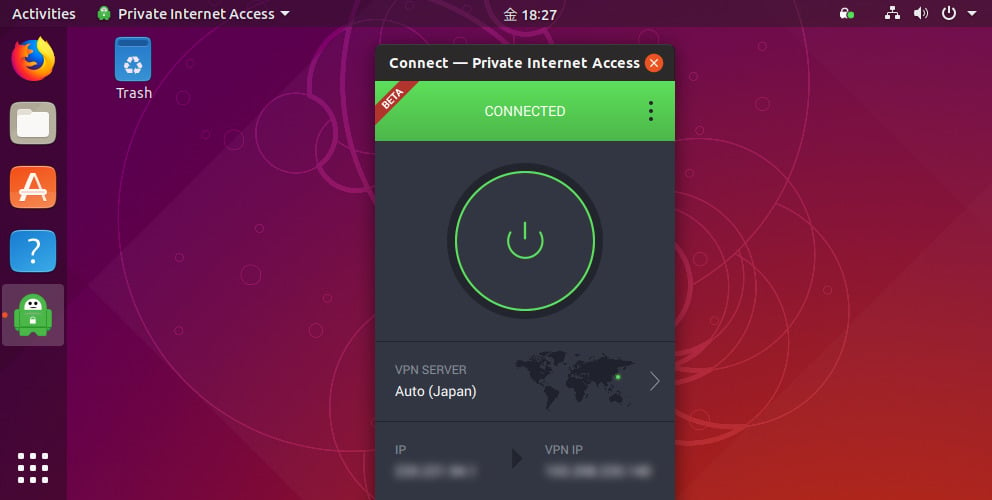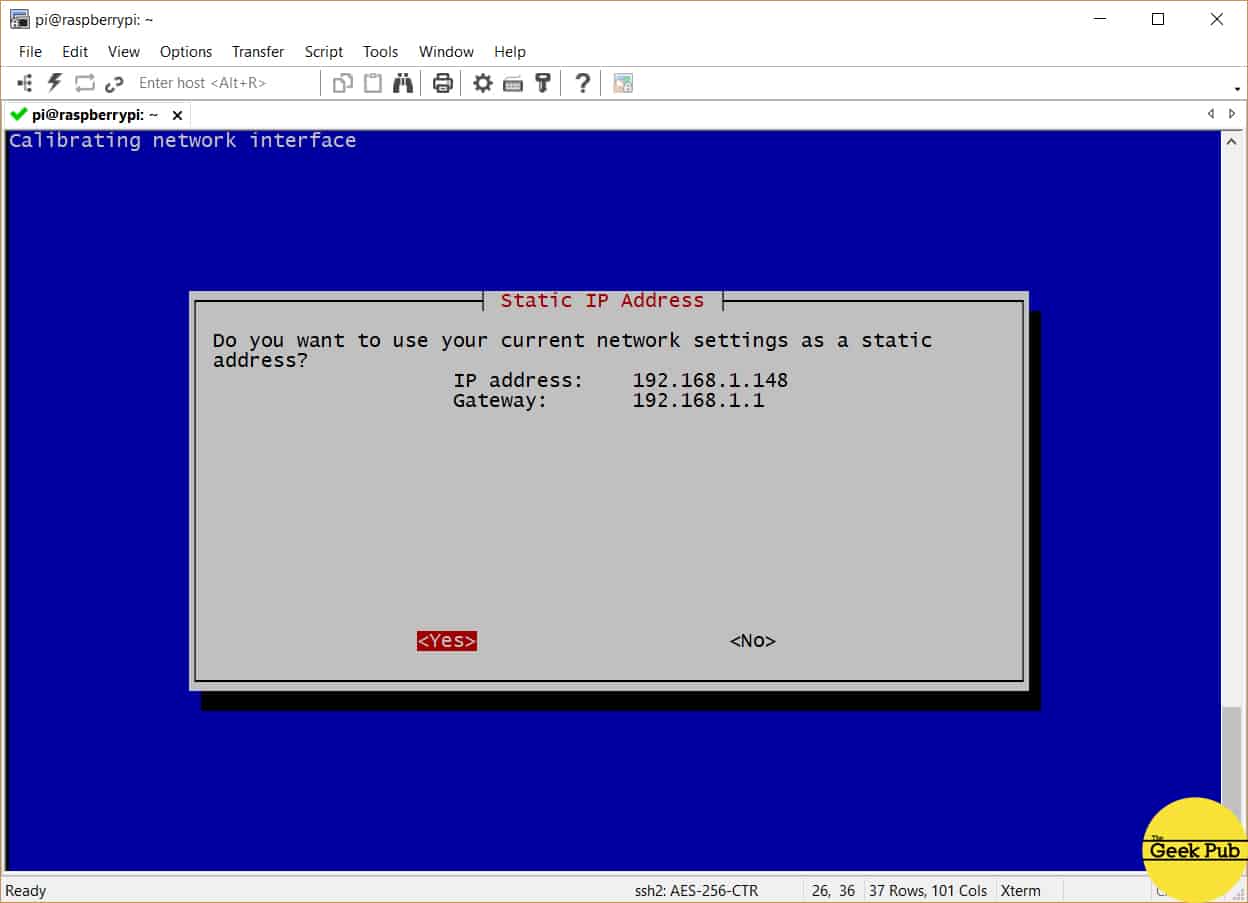

- #Pia vpn client raspberry mac os x#
- #Pia vpn client raspberry install#
- #Pia vpn client raspberry software#
- #Pia vpn client raspberry code#

We're going to use PrivateInternetAccess as VPN provider.The VPN network is going to use the IP range: 192.168.101.0/24.
#Pia vpn client raspberry mac os x#
You use a Mac OS X based computer to prepare the SD card.(Not sure if these are really RTL8188CUS sticks though) The WiFi stick is a RTL8188CUS 802.11n WLAN Adapter.The Pi is connected via Ethernet to your home network.The gateway should be accessible within a dedicated VPN-only WiFi SSID.You have a Raspberry Pi and you want to use it as a VPN gateway.Let's start with the general assumptions: Assumptions General This way I can easily watch US content from Netflix as well as unblock location restricted content like YouTube, even with my iPhone or Xbox.Īnother purpose might be to use it as an anonymizer if you care about your privacy and anonymity while browsing the web.Īll you need for this is a Raspberry Pi, a WiFi Stick and a 8 or 16 GB SD card. If I'm in need of a VPN connection I just switch the WiFi network and I'm good to go. However, it made me come up with an idea: Instead of having a Tor-box, I want a VPN-box that is connected to my PrivateInternetAccess VPN. Maybe you've heard recently of Anonabox - a small device with two ethernet ports that you can plug in front of your router and everything behind the device is routed through Tor ( side note: turned out to be a scam and got pulled from Kickstarter in the end).
#Pia vpn client raspberry install#
I have heard that it may be possible to configure something like Strongswan (available to install on Raspian) to connect to a Fortigate VPN using IPSec, but I have not seen this working or done it, so take it with a grain of salt until you know different.Netflix finally arrived in Germany, but guess what? It's library is heavily limited in comparison to the US one and if you like TV series as much as I do, you don't want to wait until they eventually release it year(s) later for us german users.
#Pia vpn client raspberry code#
The closest to getting something working I found is compiling openfortigui - however, there were some compile errors when I tried, so looks like the source code requires modification to support Raspberry/ARM in some way. I tried various options to get a native tunnel client working to no avail because nothing is compiled for ARM.
#Pia vpn client raspberry software#
You wont have tunnel mode but for RDP, SSH etc it works fine.įor apps that require tunnel mode my workaround is to create a RDP/VNC desktop/jumpbox with supporting software on the network which has access to the app, so basically I use the Fortigate web VPN client to RDP/VNC to a remote desktop that can run the app I require. So far the only solution I have found to work is to use the web browser SSL VPN setup on the Fortigate, and then connect using the Raspian (Buster) Chromium browser. If you do decide to try an open-source solution for your server, you can Google openvpn client raspberry pi 3 to get some help in setting up a VPN on the RPi. That's just my opinion though - you should try it if it interests you. OPNsense) instead of tackling what's likely a challenging effort connecting RPi to a commercial, closed source VPN server. In other words, you might be able to hack a solution on the RPi to get it to connect.īut my advice would be to get a good open-source firewall/VPN package (e.g. You might wish to view these (I didn't) to see if they offer any useful suggestions. Q2: Other options to connect to Fortinet VPN on Raspberry Pi?įortinet's website has a couple of "cookbooks" that deal with making connections via IPsec and SSL. So, the answer to this question is, "No, you cannot install forticlient." FYI, you should read the APT documentation as it may help you avoid asking questions here that you can easily answer yourself. I see from their website they do offer a Linux version, but it wouldn't run on Raspbian because RPi uses an ARM processor.

Consequently, it would be very unlikely that there would be a client for Raspberry Pi. Q1: Installing FortiClient for Raspberry Pi:Ī1: Fortinet is not open-source software.


 0 kommentar(er)
0 kommentar(er)
